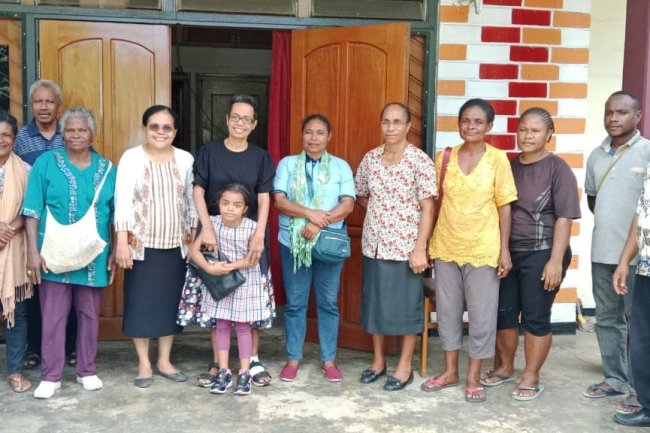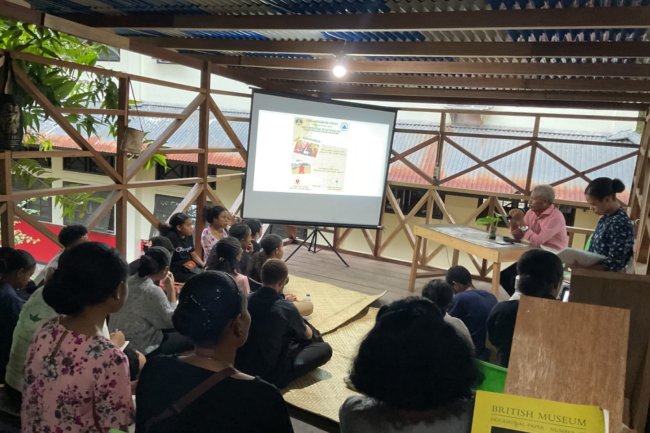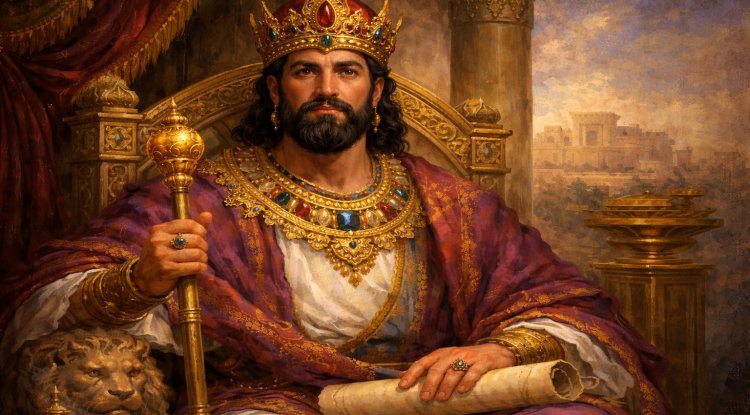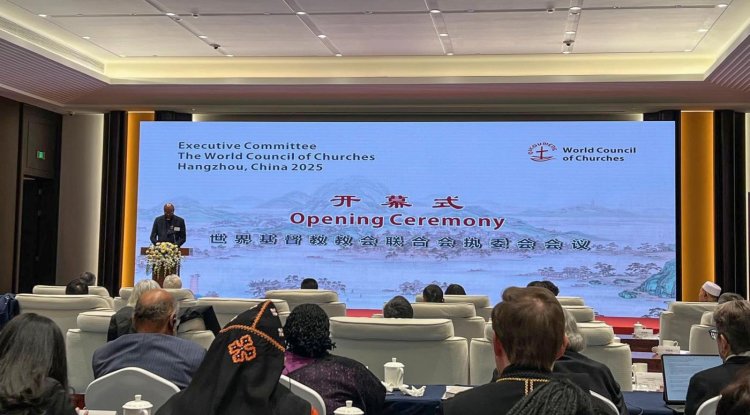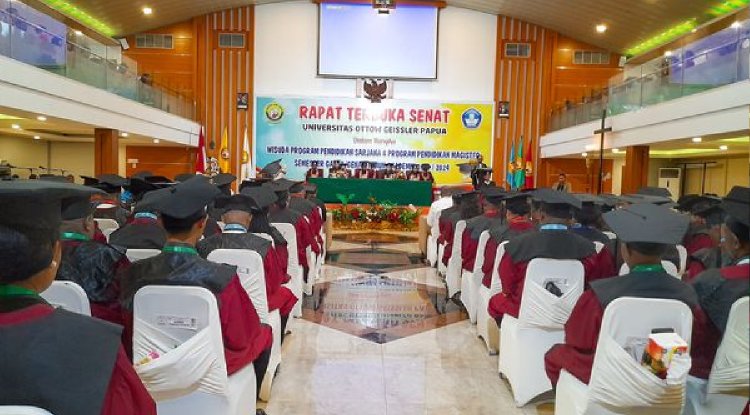WELCOMING ONE CENTURY OF DOMINEE KIJNE’S LEGACY

Papua is a land rich in culture, nature, and diversity. But in the past, it was a forgotten region—isolated from the world’s attention, left behind in terms of education and development. Amidst the silence of its forests and the songs of the Pacific Ocean’s waves, came a foreign man who would forever change the face of Papua’s history. His name was Dominee Izaak Samuel Kijne, a humble man from the Netherlands whose life became a symbol of true love for the Papuan people.
Born on May 1, 1899, in Vlaardingen, the Netherlands, Kijne did not come from nobility or wealth. His father was a carpenter, and he grew up in a modest life. Yet from that background, he inherited a deep sense of hard work and empathy for others’ suffering. From a young age, Kijne showed great interest in education and spirituality. He studied to become a teacher, learned the Malay language, and even studied art in Germany. But he did not keep that knowledge for himself. He chose a difficult path—far from the comforts of Europe—and stepped into a foreign land: Papua.
In 1923, Kijne arrived in Papua as a missionary sent by the Dutch Church Mission. He brought not only the cross and the Bible, but also a great vision: to build the Papuan people through education. He founded the School for Teacher Training in Mansinam, which he later relocated to Aitumeiri Hill in Miei, Teluk Wondama. That school was not just a place to learn—it was a home of hope for children from various Papuan tribes. There, beneath the trees and among the tropical bird songs, hundreds of children learned to read, write, and think.
However, Kijne’s greatest work may not have been the school he built, but the message he left behind. On October 25, 1925, he placed a stone at Aitumeiri that would later become known as the Stone of Civilization. On it, he engraved these legendary words: “Upon this stone, I lay the civilization of the Papuan people. Even if people from the West come with great knowledge, yet cannot lead this nation, this nation will rise and lead itself.” Those words were not just a statement, but a prophecy—a reminder of a future born from love and sacrifice.
Kijne was not only a teacher. He was also an artist, a cultural figure, and a servant of God. He composed spiritual songs in local languages, such as “Mazmur ma Ranu” and “Mazmur ma Dow”, which are still sung to this day. He developed the church structure that remains the foundation for the Evangelical Christian Church (GKI) in Papua. He never forced Western culture upon the Papuan people—instead, he embraced and integrated their local traditions into a living faith.
When World War II broke out, Kijne did not flee. He was captured and exiled to Balige, Sumatra. But love cannot be silenced by war. After the war ended, he returned to Papua to rebuild the destroyed schools and churches. He continued teaching, continued singing, and continued loving. Until his final days on March 11, 1970, in the Netherlands, his heart remained in the land he called home—Papua.
Today, when we see Papua’s leaders speak with confidence, when we witness churches thriving and schools standing strong, we know these did not appear by chance. Seeds were planted—seeds watered with tears and love. And one of the greatest sowers of those seeds was Dominee Kijne. His name may not be as widely known as national heroes, but his legacy lives on in the hearts of every Papuan who dreams, learns, and loves their homeland. On that stone, he did not just lay down civilization—he left behind a love that will never fade.
What's Your Reaction?







